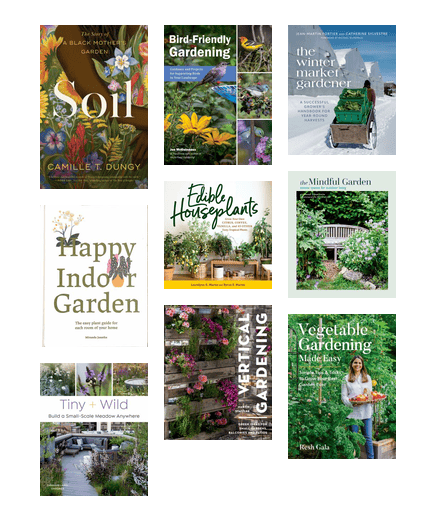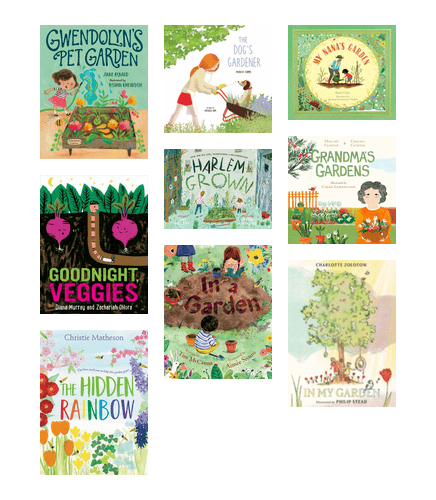
Are you looking to plant a garden?
The Pickering Public Library's Seed Library provides the community free access to seeds for growing ornamental and edible plants.
Seed Library FAQ
-
The launch of the Seed Library was made possible through a grant from the TD Friends of the Environment.
Community members can stop by the George Ashe Library to pick up a variety of seed types that they then plant in their garden.
To keep the Seed Library going year after year, community members are asked to harvest seeds from their mature plants and return a portion of the seeds to the Seed Library at the end of the season. These donated seeds are then processed, sorted, and labelled to make them ready to share during the next growing season!
The Seed Library closes from June to mid-August to prepare for the fall planting season, and from November to mid-February to prepare for the spring planting season.
-
The Seed Library is located at the George Ashe Library and is accessible during the George Ashe Library's regular operating hours. For the hours, click here.
The Seed Library closes from June to mid-August to prepare for the fall planting season, and from November to mid-February to prepare for the spring planting season.
-
The seed selection changes regularly during the growing season, so check back often to find out what seeds are in stock. We ask that you select only 5 seed packages per week to ensure that there are enough seeds for all community members. Each seed package holds plenty of seeds to start your garden.
Seed types are limited to what is donated by community members, so be sure to donate a portion of your seeds at the end of the growing season.
-
We often accept volunteers to help harvest seeds, sort seeds, label seed packages, and more! Find out more on our volunteer opportunities page.
-
The Seed Library encourages healthy food and sustainable practices while preserving and protecting the biodiversity of plants and food crops.
Seed libraries also contribute to increased botanical and food literacy, teaching people about varieties of plants, flowers, and vegetables that are suited to the local climate and how they are best grown.























